Similarly, Cefic’s mid-century strategy looks at ways that technology can be harnessed to improve recyclability within the chemicals industry. It introduces far-reaching ideas, suggesting that – thanks to blockchain technologies – chemicals could be leased and not bought, tracked throughout their lifetime and safely recycled. We continue to help Cefic through reporting of the chemical industry’s sustainability performance and progress towards the UN Sustainable Development Goals.


Still in the chemicals sector, SusChem inspire innovative sustainable solutions through collaboration between industry, SMEs and academia. SusChem’s Strategic Innovation and Research Agenda outlines their strategic priorities towards 2030, with links to Horizon Europe and beyond.
Some of our clients are delivering the tools to help their industry improve sustainability. TfS is the de facto global standard for environmental, social and governance performance of chemical supply chains. We developed their Communication Strategy, analysing internal and external perception, developing brand fundamentals and direction for communications enabling TfS to increase visibility and membership over the next five years. More recently, Landmarks helped TfS produce their trailblazing Product Carbon Footprint (PCF) guideline; a comprehensive approach to measuring – and ultimately reducing – the PCF of products with application well beyond the chemical industry.
On a pragmatic level, iomob’s mission has been to support climate action by making sustainable mobility easily available and accessible through a mobility-on-demand platform (find out more about our work in the mobility sector here).
Developing and measuring sustainability is certainly a challenge, but one that offers clear benefits – both reputational and financial. Get in touch to see how our unique experience of sustainability communication can help you make the most of these opportunities.


